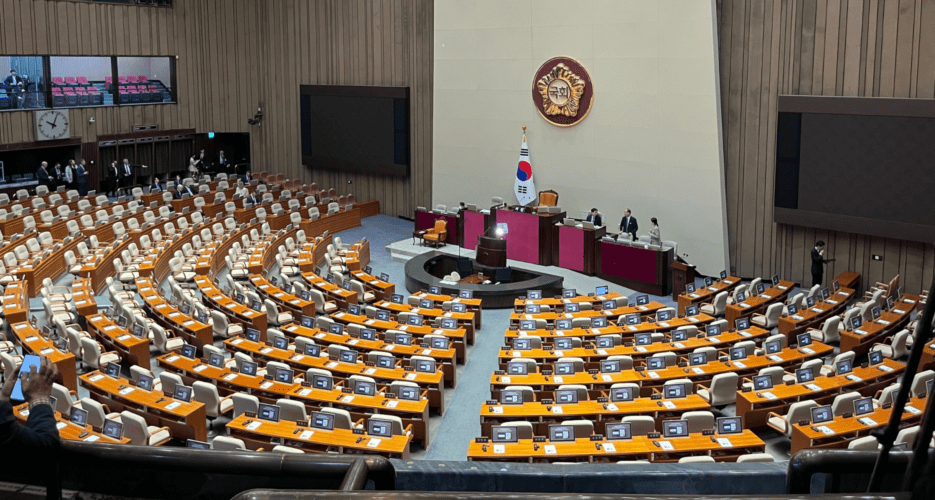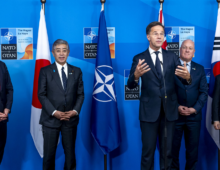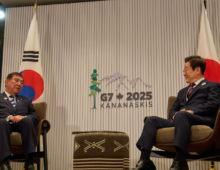Lack of transparency or connections with constituencies has historically led South Korean voters to reject incumbents
Since its transition to democracy in 1987, South Korea has experienced a distinct pattern in its political elections. Over the past 37 years, the country has held 10 general elections for the National Assembly, revealing a consistent trend: South Korean voters are often reluctant to re-elect incumbents.
While incumbent parties occasionally perform well depending on the president’s popularity, voting trends point to deeper issues within the nation’s political system, specifically the instability of party structures and the typically short careers of politicians.
Since its transition to democracy in 1987, South Korea has experienced a distinct pattern in its political elections. Over the past 37 years, the country has held 10 general elections for the National Assembly, revealing a consistent trend: South Korean voters are often reluctant to re-elect incumbents.
While incumbent parties occasionally perform well depending on the president’s popularity, voting trends point to deeper issues within the nation’s political system, specifically the instability of party structures and the typically short careers of politicians.
Get your
KoreaPro
subscription today!
Unlock article access by becoming a KOREA PRO member today!
Unlock your access
to all our features.
Standard Annual plan includes:
-
Receive full archive access, full suite of newsletter products
-
Month in Review via email and the KOREA PRO website
-
Exclusive invites and priority access to member events
-
One year of access to NK News and NK News podcast
There are three plans available:
Lite, Standard and
Premium.
Explore which would be
the best one for you.
Explore membership options
© Korea Risk Group. All rights reserved.
No part of this content may be reproduced, distributed, or used for
commercial purposes without prior written permission from Korea Risk
Group.












